Fred Matiang’i is once again under public scrutiny, this time not for what he has done, but for what he has failed to say. As Gen Z protesters in Kenya continue to demand justice and accountability in the face of police brutality, the former Interior Cabinet Secretary remains silent.
This silence has not gone unnoticed. Many Kenyans, especially young people, now accuse Matiang’i of being too guilty to speak out. During his time in office from 2017 to 2022, Matiang’i was responsible for the police. His handling of police misconduct during that period was heavily criticized.
In 2018, when police officers violently assaulted University of Nairobi students, Matiang’i dismissed video evidence as propaganda. That reaction sent a clear message, protecting the image of the police was more important than addressing the truth.
In 2020, Matiang’i pledged to rein in rogue officers after multiple killings, but those promises amounted to little. Reports of killings by police only continued, and according to Human Rights Watch, there was no significant change.
Now, in 2025, when Gen Z protesters are being shot at, abducted, and killed, many are asking where Matiang’i stands. Does he not see the same system he once led still causing pain and death?
His experience in 2023, when police surrounded his home without explanation, was a chance to reflect and speak out against these abuses.
But even then, he said little. Instead of using his voice to push for change, he went quiet. Critics argue that Matiang’i’s past leadership helped create a culture where police know they can act with impunity.
That legacy hasn’t disappeared just because he left office. In fact, the effects are still being felt today, as more young people die at the hands of police, with no justice in sight.
Some believe Matiang’i’s silence is politically calculated. With reports linking him to a possible 2027 presidential bid, he may be avoiding controversy. But at what cost?
Staying silent in the face of injustice is not neutral. It is a choice. For a man who once held so much power over the security system, Matiang’i’s refusal to speak against current killings feels like a continuation of the same indifference he showed in office.
His silence speaks volumes, and to many, it confirms what they already suspect that he is too tied to the past, too guilty, and too ambitious to stand with the victims today.







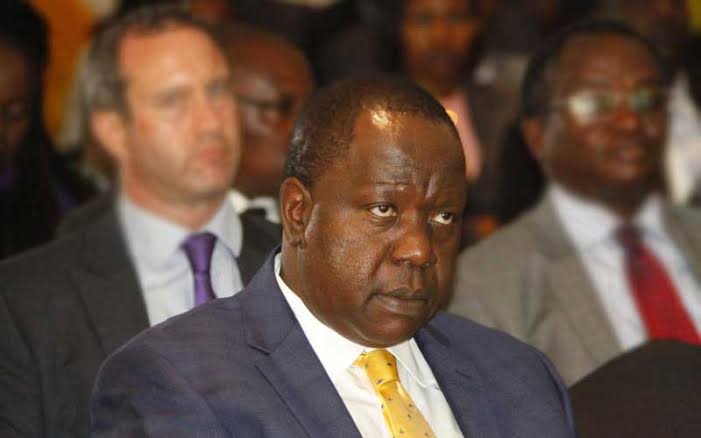
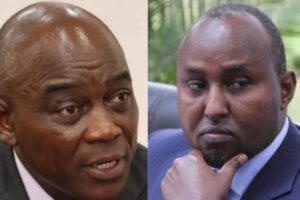
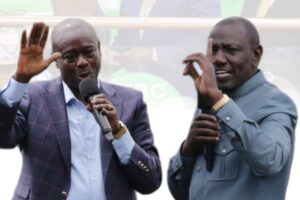

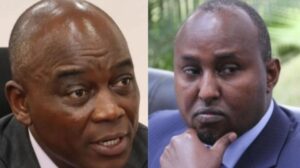
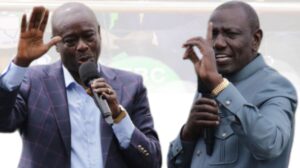





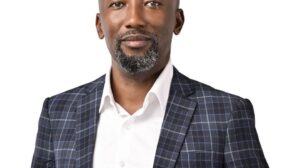
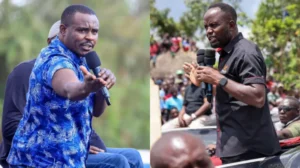

Add Comment